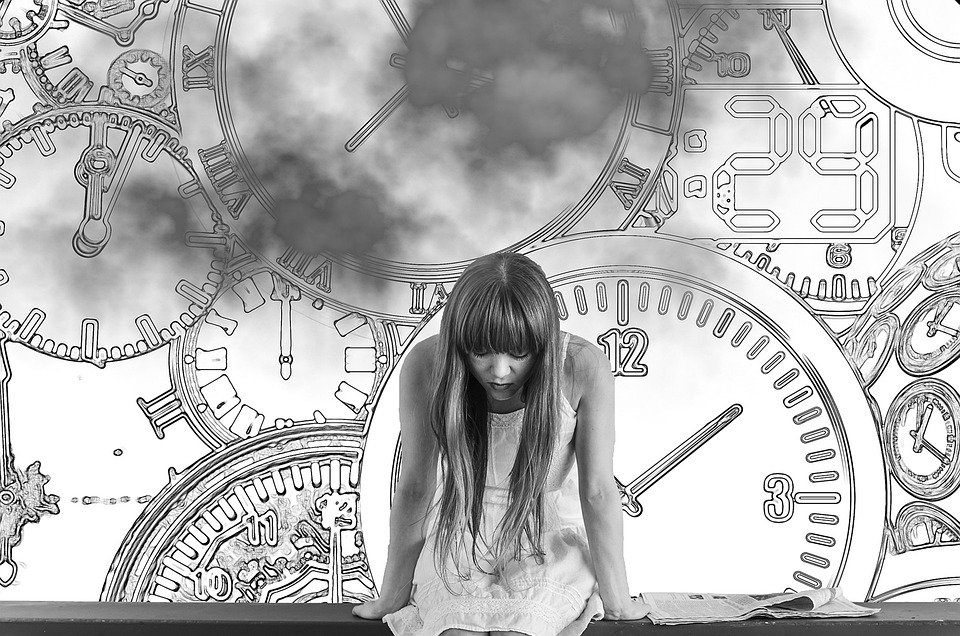Mental Health Crisis in Modern Society: Breaking the Stigma and Seeking Solutions
In recent years, there has been a growing awareness of the mental health crisis that is plaguing modern society. The stigmas and stereotypes surrounding mental health have long prevented individuals from seeking the help they desperately need. However, as more people openly discuss their struggles, society is beginning to recognize the urgency of addressing this crisis and finding effective solutions.
One of the biggest challenges in tackling the mental health crisis is the stigma that surrounds it. For far too long, mental health has been shrouded in secrecy and shame. People who suffer from mental illnesses are often labeled as weak, unstable, or even dangerous. These stereotypes not only perpetuate negative attitudes towards mental health but also discourage individuals from seeking help due to fear of judgment and discrimination.
Breaking the stigma associated with mental health is crucial to encourage individuals to come forward and seek the support they require. It is essential to promote understanding and empathy, emphasizing that mental health issues are no different from physical health problems. Just like a broken bone or a fever, mental illnesses require proper treatment and care.
To combat the stigma, education plays a vital role. Schools, workplaces, and communities should provide comprehensive mental health education, raising awareness about the signs and symptoms of mental illnesses, and teaching individuals how to support those in need. By dispelling myths and providing accurate information, we can break down the barriers that prevent individuals from seeking help.
Another crucial aspect of addressing the mental health crisis is ensuring that mental health services are accessible and affordable for all. Unfortunately, mental health care is often expensive and inaccessible, leaving many individuals without the help they need. Governments and healthcare systems must prioritize mental health and allocate adequate resources to improve accessibility. This could involve increasing funding for mental health services, expanding mental health programs in schools and workplaces, and training more mental health professionals.
In addition to breaking the stigma and improving accessibility, it is essential to foster a supportive and inclusive society. Creating safe spaces where individuals feel comfortable discussing their mental health struggles without fear of judgment is crucial. This can be achieved by encouraging open conversations about mental health, providing platforms for individuals to share their stories, and promoting mental health initiatives within communities.
Moreover, it is important to emphasize the role of self-care and prevention in maintaining good mental health. Society should prioritize the promotion of positive mental well-being through initiatives such as stress management programs, mindfulness practices, and encouraging healthy lifestyles. Prevention strategies can significantly reduce the likelihood of individuals developing mental health issues in the first place.
In conclusion, the mental health crisis in modern society is a pressing issue that requires immediate attention. Breaking the stigma surrounding mental health and promoting understanding is essential to encourage individuals to seek help. Improving accessibility to mental health services and fostering a supportive and inclusive society are crucial steps towards finding solutions. By prioritizing mental health, we can create a society that supports and empowers individuals to live their lives to the fullest.

